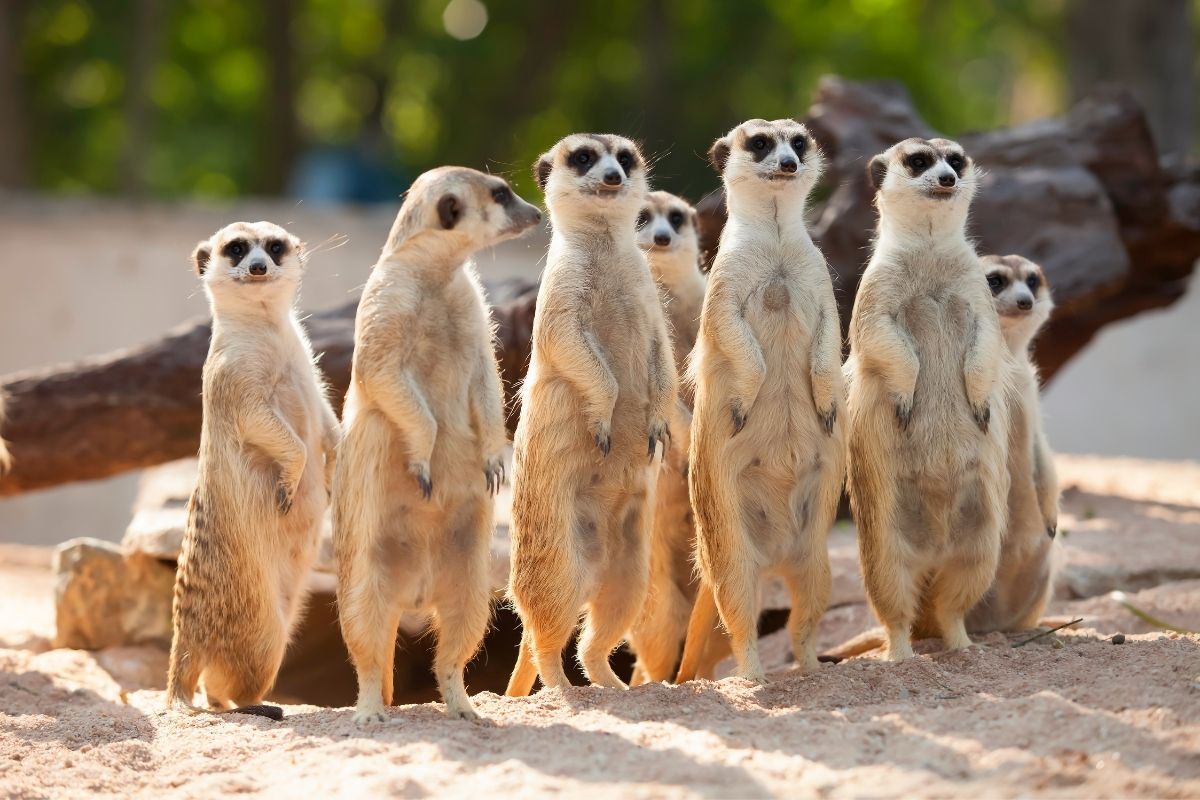Representing Wildlife Exhibitors Australia Wide
ANIMAL WELFARE
WEN has a commitment to maintain the highest possible level of animal welfare for the facilities in our membership. WEN continues to focus on ways to elevate the level animal welfare among its members. Goals of the program are to maximum positive welfare for all animals. We strive to have all animals living in WEN collections to thrive in a welfare positive status, through encouraging all members to follow the five domains of animal welfare framework, developed by Professor David Mellor, Massey University. The Five Welfare Domains and examples of related positive states are:
A combination of four PHYSICAL DOMAINS and one MENTAL DOMAIN, as outlined below:
Nutrition
Environment
Health
Behaviour
The four domains above linked together along with the fifth domain of Mental State (e.g. animals experience comfort, pleasure, interest and confidence etc.)
The combination of these five domains creates a positive, neutral or negative welfare state. We are aware that at times an animal may be in a neutral welfare state (such as sleeping) or in a temporary negative state (such as an unexpected noise, temporary segregation, fear from a predator flying over their exhibit or seeming hungry whilst waiting for their meal) however the assessment of animal welfare is a holistic approach, provided there is more positive experiences under the five domains the animal is living in a positive welfare state.
ANIMAL WELFARE ACCREDITATION SCHEME
The Wildlife Exhibitors Network (WEN) launched its Animal Welfare Accreditation Scheme (AWAS) in late 2023, providing members with an opportunity to achieve formal accreditation for their animal welfare practices. This voluntary program allows members to undergo external audits designed to evaluate and validate the robustness of their animal welfare policies, procedures, and strategies. The AWAS was developed and implemented in collaboration with an independent ethologist, ensuring that the assessment framework is grounded in scientific research and internationally recognised welfare standards, including the Five Domains Model.
The Five Domains Model, originally proposed by Mellor and Reid (1994) and later refined (Mellor, 2017), evaluates animal welfare across four physical domains—nutrition, environment, health, and behaviour—and one mental state domain, which reflects the animal’s emotional well-being. This model provides a comprehensive framework for understanding and assessing welfare in a way that goes beyond traditional husbandry metrics, focusing on promoting positive experiences and reducing negative ones. Research by Beausoleil and Mellor (2015) has further validated the application of the Five Domains in captive and managed animal settings, underscoring its value for developing welfare-centric accreditation schemes.
By incorporating the Five Domains into its framework, AWAS ensures that member facilities are assessed not only for compliance with basic welfare standards but also for their ability to provide enriched, positive experiences that support the animals' physical and psychological well-being. This science-based approach enhances the credibility of accredited facilities and aligns with WEN’s commitment to advancing excellence in animal welfare across the industry.
WEN have developed several policies in relation to these Managed Programs, available to all WEN members through the portal, including:
- Animal Welfare Policy
- Animal Transaction Policy
- Animal Conservation & Advocacy Policy
- Genetic Position Statement
References
Mellor, D.J. & Reid, C.S.W., 1994. Concepts of animal well-being and predicting the impact of procedures on experimental animals. Improving the Well-being of Animals in the Research Environment, 22, pp. 3-18.
Mellor, D.J., 2017. Operational details of the Five Domains Model and its key applications to the assessment and management of animal welfare. Animals, 7(8), p.60. DOI: 10.3390/ani7080060

Photo: Meerkat Mob - Darling Downs Zoo, Pilton, QLD.


